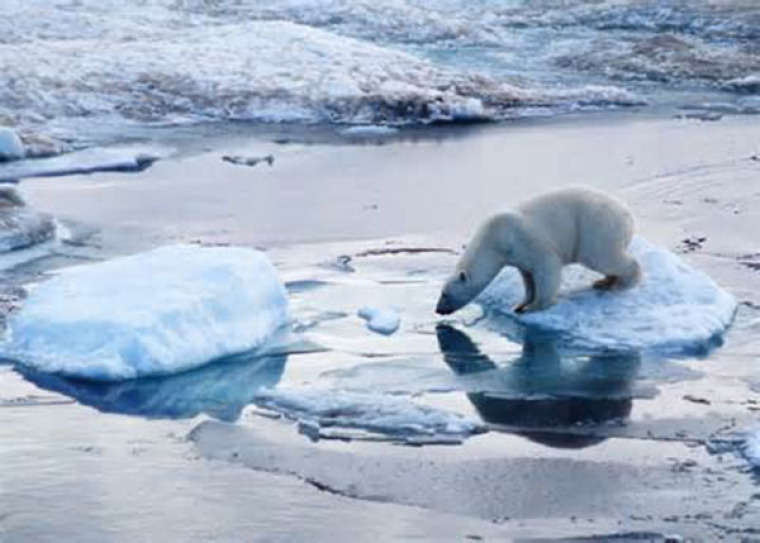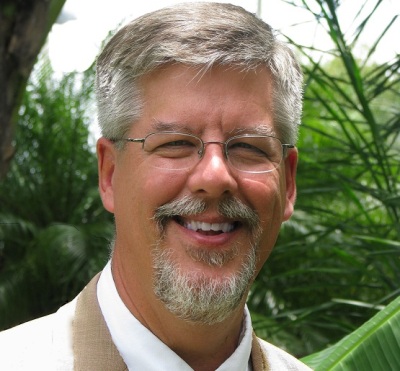COMMENTARY: Saving the world from global warming will keep poorest 2 billion in 'abject poverty'

PARIS (Christian Examiner) — People around the world, especially government officials, will watch intently as negotiators gather at the UN's climate summit in Paris beginning November 30.
With that in mind, the Cornwall Alliance for the Stewardship of Creation recently sent to over 2,900 faculty members of Christian colleges and universities around the country an email asking them to endorse our Open Letter on Climate Change to the People, their Local Representatives, the State Legislatures and Governors, the Congress, and the President of the United States of America.
One professor of theology and world Christianity replied:
I bet you the poor would rather have a clean environment, clean water without the pollution often caused by industrialization that promises economic growth. Climate change is affected by the emissions from these industries. I am for an industry-free world. People should learn to depend on the land and grow local food with their hands.

The poor (and indeed all people) prefer, and should have, a clean environment, with clean water and as little pollution as possible granted the unavoidable tradeoffs, to a dirty environment with germ-ridden water and lots of pollution. But the professor assumes that industry and economic development are incompatible with that. Are they?
Economic and environmental history show what environmental economists call the "environmental transition" or "Environmental Kuznets Curve." In early stages of economic development, when a society transitions from subsistence agriculture to low-tech industrialization, emissions of air, water, and solid waste pollution rise, but at the same time health and longevity increase because the benefits of the early industrialization outweigh the risks.
Then, as those societies adopt more high-tech forms of industrialization, followed by the move to a more service-and-technology-oriented economy, pollution emission rates peak and begin to fall, at various income levels.
After a while, pollution emissions and concentrations fall below what they were at the start of industrialization.
Meanwhile, the greater supplies of safe drinking water, food, clothing, shelter, education, medical care, transportation, and other benefits of the economic development result in rising health and life expectancy.
One of the best books to communicate this insight is Indian economist Indur M. Goklany's The Improving State of the World: Why We're Living Longer, Healthier, More Comfortable Lives on a Cleaner Planet.
Just consider these questions: In which restaurant are you more likely to contract a disease by drinking the tap water, one in Johnson City, Tennessee, or one in Nakuru, Kenya? Where is human life expectancy higher, in Bangladesh or in France? Where is the urban air cleaner, in Tokyo or in Kampala, Uganda?
A clean, healthful, beautiful environment is a costly good, and wealthier people can afford more costly goods than poorer people can.
But the professor is worried. "Climate change is affected by the emissions from these industries."
That's probably true, in the abstract, but the really important questions are, "How much? And what is the balance between the risks posed by the impact of those industries on climate and the benefits they deliver?"
In our Open Letter and various supporting documents, such as A Call to Truth, Prudence, and Protection of the Poor 2014: The Case against Harmful Climate Policies Gets Stronger, we've offered reasons to the benefits far outweigh the risks. We also offer evidence that human contribution to global temperature is likely very small and not dangerous, that nature's contributions are much larger, and that the risks from poverty far outweigh the risks from climate change.
People even moderately wealthy—say, with income levels equivalent to the bottom fifth of Americans—can live long and healthy lives in any climate from the Arctic Circle to the Sahara Desert or the Brazilian rainforest, but the very poor cannot thrive in the most ideal tropical paradise. This is borne out by life-expectancy and disease statistics from all over the world.
And what would happen if we took the professor's advice to have "an industry-free world" in which people learned "to depend on the land and grow local food with their hands"?
Before the industrial revolution, average life expectancy at birth all over the world, for "rich" and poor alike, was around 27 to 28 years. Nearly half of all children, of "rich" and poor alike, died before their fifth birthdays. Depending on the land and growing food with our own hands sounds romantic, but it's not a likely path to health and long life—let alone many other benefits that people in economically developed societies enjoy, such as good education, safe transportation, easy and rapid communication, etc.
Even the best natural habitat can support no more than 1 or 2 people per square mile through hunting and gathering, and not many more (perhaps 15 or 20?) through subsistence, non-mechanized farming. With current world population at about 7 billion and total land suitable for human habitation of about 29 million square miles, current human population density on that habitable land is about 240 people per square mile. To return to subsistence, non-mechanized agriculture as people's primary way of life would mean having to rid the world of about 92 percent of its people.
The call to save the world from global warming is ultimately a call to make the world less prosperous—and, worst, to keep the poorest 2 billion or so in abject poverty for generations to come. That's why thousands of people have signed the Cornwall Alliance's petition, Forget 'Climate Change', Energy Empowers the Poor.
E. Calvin Beisner, Ph.D., is Founder and National Spokesman of The Cornwall Alliance for the Stewardship of Creation.